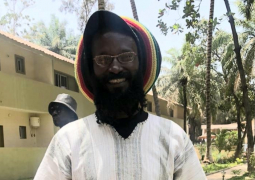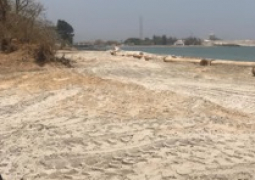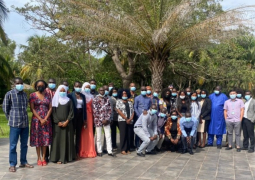
With the application of these initiatives, fundamentally focused on modifying the prices of energy resources, earning foreign currency and continuing to boost national production, the Caribbean nation projects growth in the Gross Domestic Product by 2024, at constant prices, of around two percent.
2023 was a difficult year for the country in a scenario of international crisis, exacerbated by the intensification of the economic, commercial and financial blockade imposed by the United States, more than six decades ago.
Despite Washington's blockade and its invariable attempts at destabilization, the Island did not renounce its commitment to continue protecting the prioritized sectors of society and advance legislative transformations.
The Caribbean nation also had a marked role in the world arena, highlighting its presidency of the Group of 77 and China, and the celebration in Havana of the Summit of heads of State and Government of that bloc.
In the midst of difficulties, the Cuban Revolution has been confirmed for 65 years as one of the most transformative events in the reality and daily life of the inhabitants of this archipelago.
That January 1, 1959, the Cubans woke up with the news that the dictator Fulgencio Batista (1952-1958) and a large part of his relatives had fled, in addition to being inevitable that the Rebel Army, led by Fidel Castro, would achieve the victory of his national liberation movement.
The July 26 Movement and other progressive organizations that joined it opted for armed struggle as the only possible way to eliminate the causes of the country's ills, which had been exposed and analyzed by Fidel himself in History will absolve me, his plea of defense for the assault on the Moncada and Carlos Manuel de Céspedes barracks (July 26, 1953).
The project, unprecedented in this hemisphere, was built every day, avoiding the obstacles imposed by the United States and still continues to be a source of inspiration for social movements in Latin America and the world.




